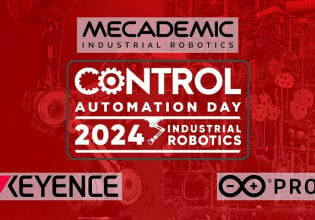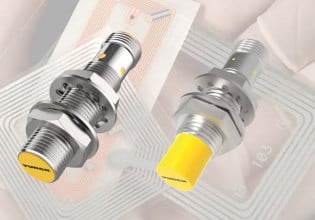T
I am through with college which sort of qualified me for this type of job but if its characteristics are such as I heard & experienced:
-stressfull- possibly long hours under pressure to get an industrial system up and running A.S.A.P., while every mistake might cause direct damage
-constant need to learn new stuff (hardware, bus, comm. standards etc.)- basically cool but might get tiresome with time
-possible long absence from home and family, depending on the job
-possible unpleasant working conditions (smelly, cold, noisy...)
-having to dig or ask around about the technology of the process in question (By the way can anyone direct me please to a source covering polyethilene process production or a beer brewery technology in terms of usable process equations/model?.. )
-very little time or authorisation to really be creative-experiment with stuff like system identification, estimation, and advanced control techniques
-IT or communication engineers probably top control people with their paychecks&benefits(?)
(is it irresponsible to do what you like instead
of what pays best once you start supporting your family?)
I ask, is it all worth the fun of setting up the system and finally seeing it work exactly as designed?
-stressfull- possibly long hours under pressure to get an industrial system up and running A.S.A.P., while every mistake might cause direct damage
-constant need to learn new stuff (hardware, bus, comm. standards etc.)- basically cool but might get tiresome with time
-possible long absence from home and family, depending on the job
-possible unpleasant working conditions (smelly, cold, noisy...)
-having to dig or ask around about the technology of the process in question (By the way can anyone direct me please to a source covering polyethilene process production or a beer brewery technology in terms of usable process equations/model?.. )
-very little time or authorisation to really be creative-experiment with stuff like system identification, estimation, and advanced control techniques
-IT or communication engineers probably top control people with their paychecks&benefits(?)
(is it irresponsible to do what you like instead
of what pays best once you start supporting your family?)
I ask, is it all worth the fun of setting up the system and finally seeing it work exactly as designed?






